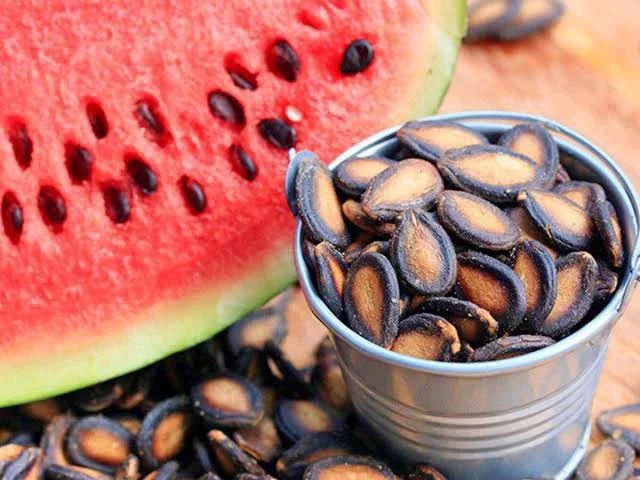According to Verywellhealth, Sleep is a fundamental aspect of our daily lives that significantly impacts our physical and mental well-being. The timing of sleep and the food we consume before bedtime play crucial roles in ensuring a restful night's sleep. While sleep needs vary across different age groups, adhering to appropriate sleep schedules and avoiding certain foods before bedtime can promote better sleep quality and overall health.

Sleep Patterns According to Age:
The optimal amount of sleep varies depending on age. Infants and toddlers require the most sleep, typically ranging from 12 to 16 hours. School-age children and teenagers still need a substantial amount of sleep, generally around 9 to 11 hours. Young adults and adults, on the other hand, generally need 7 to 9 hours of sleep. As we age, the elderly may require slightly less sleep, averaging around 7 to 8 hours. Adhering to these recommended sleep durations can enhance cognitive function, mood regulation, and overall productivity.
The Importance of Sleep Timing:
In addition to the duration, the timing of sleep is crucial. Our internal body clock, or circadian rhythm, regulates sleep-wake cycles. Maintaining a consistent sleep schedule can help align the body's natural rhythm, promoting better sleep quality. For adults, aiming for a consistent bedtime and wake-up time even on weekends can help regulate sleep patterns. Adapting sleep schedules to align with natural light exposure can aid in synchronizing the circadian rhythm.
Foods to Avoid Before Bedtime:
What we consume before bedtime can significantly affect our sleep quality. Certain foods and beverages can disrupt sleep due to their impact on digestion, metabolism, and even caffeine content. High-fat and spicy foods can lead to indigestion and discomfort, making it harder to fall asleep. Caffeine-rich foods and drinks like coffee, tea, and chocolate should be avoided several hours before bedtime, as they can interfere with the ability to fall asleep. Alcohol, although initially sedating, can disrupt sleep cycles and lead to fragmented rest.
Better Bedtime Food Choices:
Opting for sleep-promoting foods can contribute to a more restful night. Foods rich in tryptophan, an amino acid that aids in the production of the sleep-inducing neurotransmitter serotonin, can be beneficial. Such foods include turkey, chicken, nuts, and dairy products. Complex carbohydrates like whole grains can also promote sleep by increasing the availability of tryptophan in the brain. Additionally, foods high in magnesium, such as leafy greens, bananas, and almonds, can help relax muscles and prepare the body for sleep.
















Comments